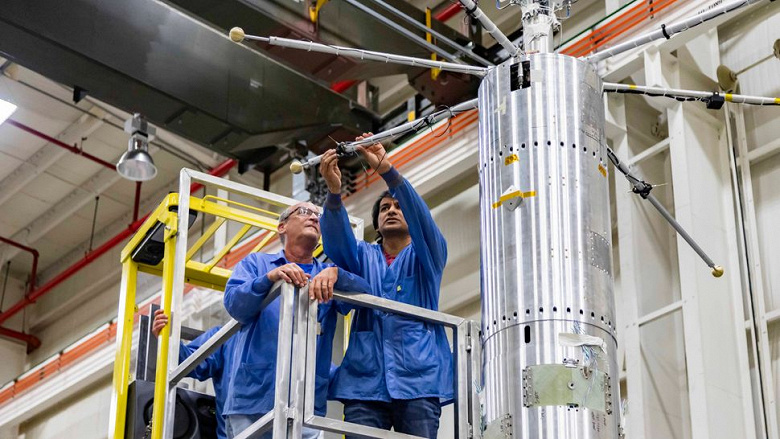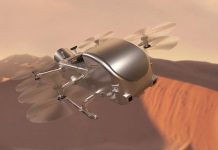On October 14, NASA will launch sounding rockets into the shadow of the annular solar eclipse to measure changes in the ionosphere. The mission is named after the Egyptian god of darkness
On October 14, an annular solar eclipse will be visible in the western United States. While eclipse hunters can enjoy the show, NASA scientists will be hard at work.
The mission is called Atmospheric Perturbations around the Eclipse Path (APEP), which is not coincidentally the same name as the Egyptian deity of darkness. Apep pursued the sun god Ra, his sworn enemy, and when Apep caught up with Ra, a solar eclipse occurred.

The sounding rockets will be launched from the White Sands test site in New Mexico and will be aimed at the ionosphere. During an eclipse, the ionosphere experiences a decrease in temperature and density, which creates disturbances and can affect satellite communications. Sounding rockets, also known as exploration rockets or suborbital rockets, are designed to conduct scientific experiments and measurements in suborbital space. They are launched to a height of 48 to 145 km above the Earth’s surface.
“If you imagine the ionosphere as a pond with small ripples on the surface, then an eclipse is like a motorboat cutting through the water. It creates strong ripples directly in front of it and behind it,” said Aro Barjatya, a professor of physics at the Aerospace University. He is leading a mission in which three sounding rockets will measure changes in the atmosphere during the eclipse.
After the annular eclipse, the sounding rockets and their sensors will be sent to NASA’s Wallops Flight Center, from where they will be relaunched during the upcoming total solar eclipse on April 8, 2024. This pair of solar eclipses will be the last major eclipses visible in the United States until 2044.




